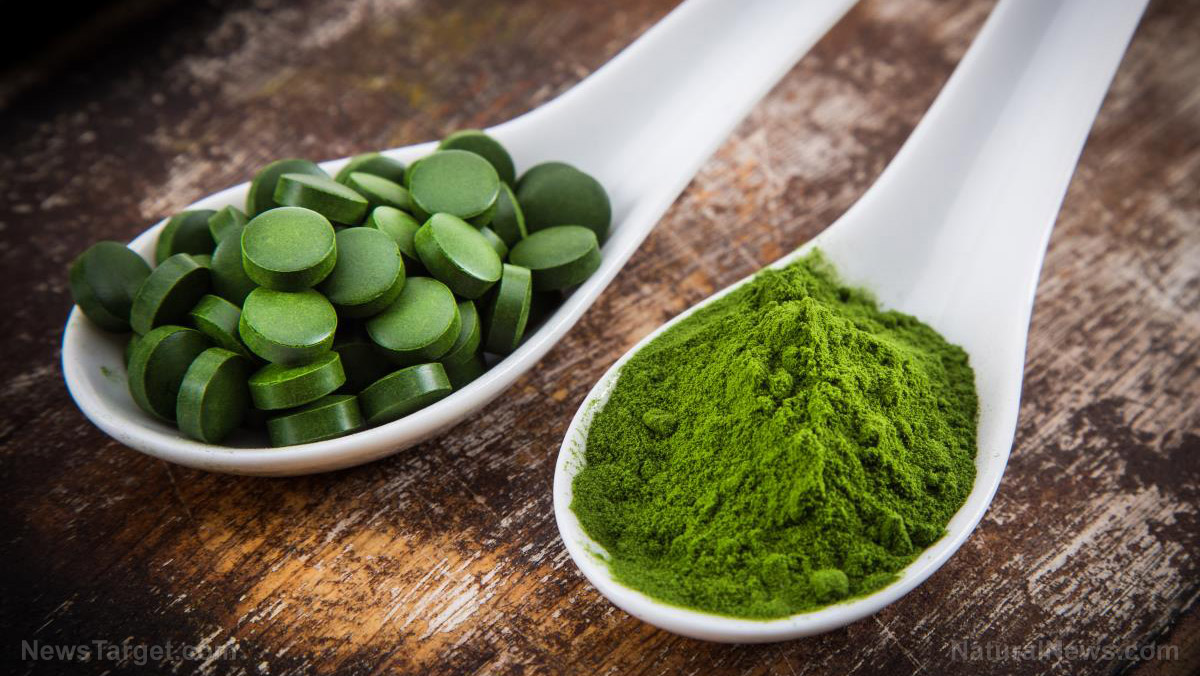Brain-training games are a “waste of time,” say researchers – good diet and exercise are still the best ways to improve cognition
10/09/2018 / By Ethan Huff

Doing word puzzles and number games might be a good way to pass the time, but they’re not necessarily the best approach for boosting cognition, according to new research published in the journal Neuropsychologia.
Scientists from Canada found that people who spend countless hours playing Sudoku or doing word puzzles probably aren’t going to achieve the IQ boost they’re hoping for – especially when such games are played on electronic devices like tablets and smartphones that are known to damage the brain.
For the research, the team, led by Dr. Bobby Stojanoski from the Brain and Mind Institute at Western University in London, Ontario, evaluated 72 participants divided into two groups. One group was tasked with completing roughly 13 hours of so-called “brain training” games, while the other group was evaluated as a control.
“After they completed that very lengthy period of brain training, we tested them on two quite similar tests to determine whether the brain training transferred to improvements on these untrained tests,” explained Dr. Stojanoski about the methodology.
In the end, however, there were no observable differences in cognition between the two groups. No matter the number of “brain games” the active participants completed, all of the participants from both groups performed roughly equally on follow-up cognition assessments, suggesting that brain-boosting games and puzzles don’t actually work.
“We hypothesized if you get really, really good at one test by training for a very long time, maybe then you will get improvement on tests that are quite similar,” Dr. Stojanoski added about what he and his team expected to find as part of their experiments.
“Unfortunately, we found no evidence to support that claim. Despite hours of brain training on that one game, participants were no better at the second game than people who tested on the second game, but hadn’t trained on the first one.”
Herbs, healthy fats, and body movement: a better way to support brain health
So if crossword and Sudoku puzzles aren’t effective at boosting brain power, what is? There’s still good, old-fashioned diet and exercise. Science has definitively found that omega-3 fatty acids, for instance, are among the most powerful forms of brain food on planet earth.
DHA (docosahexaenoic acid), EPA (eicosapentaenoic acid), and linolenic acid (ALA) are the three primary omega-3s that science has shown help to support brain and nerve cells, as well as drive the structural components of the brain that oversee memory, language, creativity, alertness, and emotion.
Another brain-boosting food is ginger, which a study published in the journal Evidence Based Complementary Medicine found was able to significantly boost cognition in middle-aged women. Ginger has also been shown to help to mitigate oxidative stress in the brain associated with Alzheimer’s disease and dementia.
On the exercise front, simple yoga practice has been shown to help to correct brain abnormalities and restore proper balance. Just two months of yoga, another study published in the journal Evidence-Based Complementary and Alternative Medicine, was enough to help patients with Parkinson’s regain a stable posture and their ability to walk, greatly decreasing their risk of falling down.
A more recent study out of Finland found that exercise in general is good for the brain. Not only does it help to preserve the integrity of brain cells, but it also helps to prevent losses in cognition and memory. Aerobic activity was found to be especially beneficial in the memory department, while weight lifting and high-intensity interval training (HIIT) was found to be better suited towards fat loss.
For more news on how to support brain health, be sure to check out Brain.news.
Sources for this article include:
Tagged Under: aerobic, Brain cells, Brain Games, brain health, cognition, Cognitive, crossword, exercise, fitness, ginger, omega-3s, Sudoku, Western University, Yoga



















